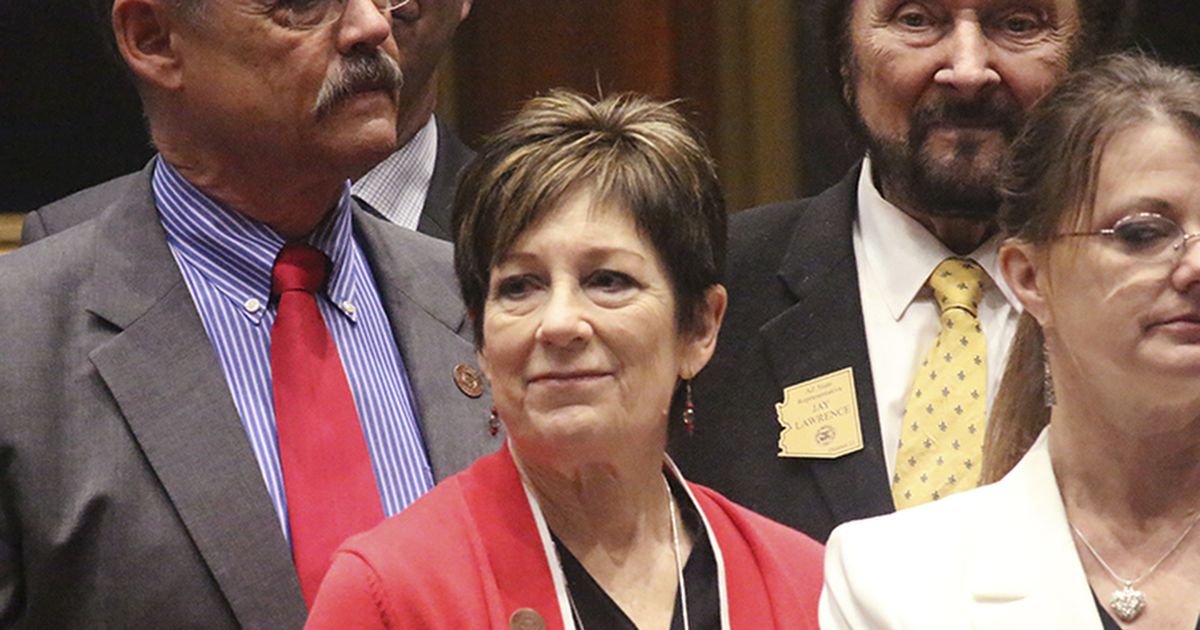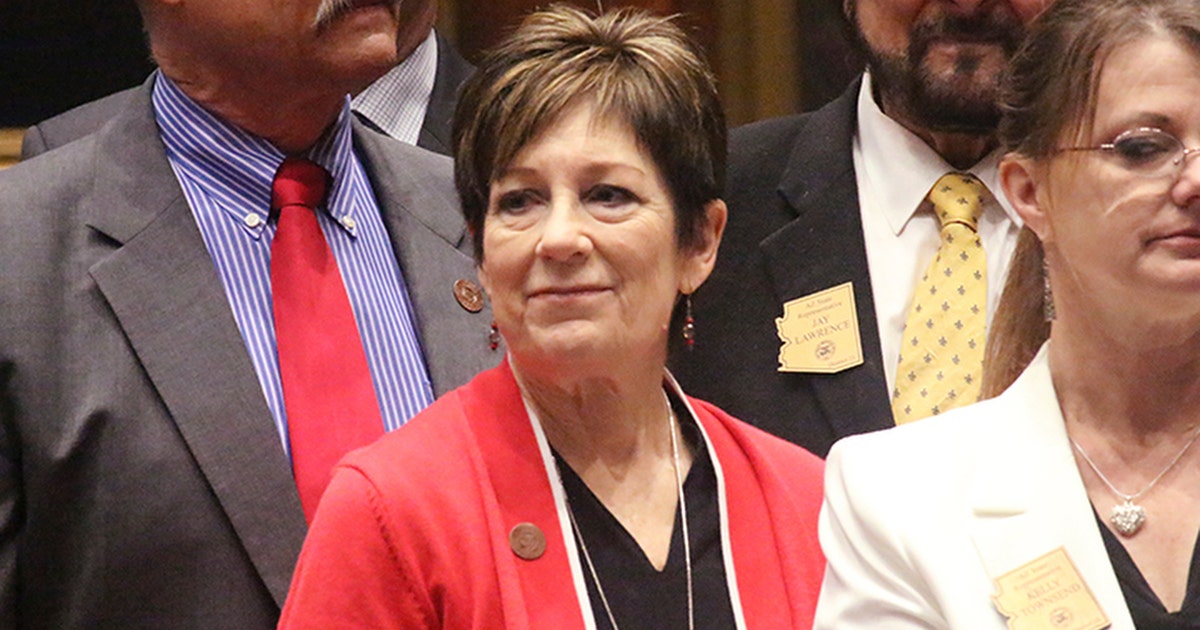Arizona bill would ban transgender girls, women from teams


PHOENIX (AP) — Transgender girls and women would be barred from participating in sports on the team that aligns with their gender identity under a proposed Arizona law.
The proposal announced by GOP Rep. Nancy Barto on Friday is co-sponsored by 22 other Republican House members and is the latest on a growing list of more than a dozen states with bills that focus on transgender young people.
The Arizona legislation allows only biological women or girls to play on female teams, and requires a doctor’s note to prove a person is female if their birth sex is disputed. It allows lawsuits by students who believe they’ve missed opportunities because a transgender person is on a school team.
The measure is intended to prevent female athletes from being forced to compete against biological males, Barto said in a statement. It would apply to K-12 schools, community colleges and state universities but only to female teams.
She said most people view the issue as one of basic fairness.
“When this is allowed, it discourages female participation in athletics and, worse, it can result in women and girls being denied crucial educational and financial opportunities,” Barto’s statement said.
Republicans make up the majority in the state House and Senate.
Similar legislation has been proposed in Alabama, Georgia, Indiana, Missouri, New Hampshire, Tennessee and Washington state, according to the American Civil Liberties Union.
The measures are part of a national campaign backed by the Scottsdale-based Alliance Defending Freedom, a conservative religious freedom group.
Barto said she is working with the ADF and the Center for Arizona Policy, a powerful group at the state Capitol that lobbies for religious freedom and anti-abortion legislation, to push the proposal,
Several national women’s rights and sports organizations are pushing back, saying in a letter distributed by the American Civil Liberties Union that barring transgender people from sports teams aligning with their gender identity often means they are “excluded from participating altogether.”
The Alliance Defending Freedom has filed a federal discrimination complaint on behalf of Connecticut girls who competed in track-and-field. The girls say the state’s inclusive policy on transgender athletes has cost them top finishes and possibly college scholarships.
“Forcing female athletes to compete against biological males isn’t fair and destroys their athletic opportunities,” attorney Matt Sharp, the ADF’s state government relations director told The Associated Press in an interview for a recent news report. “Likewise, every child deserves a childhood that allows them to experience puberty and other natural changes that shape who they will become.”
Conservative groups are also pushing bills that would bar doctors from providing them certain gender-related medical treatment.
The proposed laws, if enacted, “would bring devastating harms to the transgender community,” Chase Strangio, a transgender-rights lawyer with the ACLU.
“It is hard to imagine why state legislators have decided to prioritize barring transgender young people from sharing in the benefit of secondary school athletics or disrupting medical treatment consistent with prevailing standards of care,” Strangio said. “But here we are, the start of the session, a time to fight.”
The measure doesn’t apply to males, Barto said, because they are “biologically different from females in terms of bone density, lung capacity, strength, and other respects, are not disadvantaged by females in boys’ sports.”
She had no Arizona examples of girls or young women impacted but pointed to issues in Connecticut and the ADF lawsuit.









